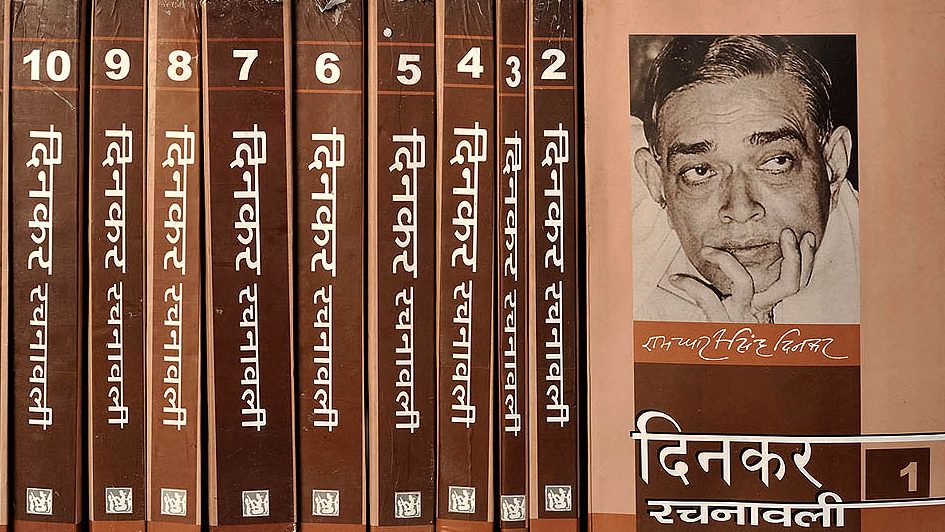We are no marriage experts, we cannot boast of many years of “experience” as a married couple, but in these three years of marriage, one of the things we have learnt is that marriage brings out the best in you, as well as, you like it or not, the worst in you! A few months before we got married, we attended a marriage seminar where we were shown a film called A tale of two brains by Mark Gungor. It is a very precise, descriptive mind-opener to the workings of the female and the male brains. It is very clear! Men and women are wired differently. We have different interests, we act differently, we communicate differently, we think differently. However, we love the same. Very many times we face conflicts in our marriage not because it’s a “heart” thing but because it’s a “head” thing – an intellectual clash.
 We were so fortunate we learnt these truths early on, so when we got married we understood each other better. Why does he always answer “I’m not thinking about anything” when quite clearly he’s in a pensive mood? (man’s brain) Or, “How are these two things even connected?” (woman’s brain) We had answers to these questions. But here’s the thing – as different as we are, we cannot imagine life without each other. God is amazing and His plan for marriage can be fun – an enjoyable reality in our lives, contrary to what we see on TV and movies ever so often. Marriage is like a plant. The more we nurture the plant, the more it grows into something beautiful and is admired. If we don’t nurture it, it looks lifeless and before we know it, it’s dead.
We were so fortunate we learnt these truths early on, so when we got married we understood each other better. Why does he always answer “I’m not thinking about anything” when quite clearly he’s in a pensive mood? (man’s brain) Or, “How are these two things even connected?” (woman’s brain) We had answers to these questions. But here’s the thing – as different as we are, we cannot imagine life without each other. God is amazing and His plan for marriage can be fun – an enjoyable reality in our lives, contrary to what we see on TV and movies ever so often. Marriage is like a plant. The more we nurture the plant, the more it grows into something beautiful and is admired. If we don’t nurture it, it looks lifeless and before we know it, it’s dead.
Here are some ways that we nurture our marriage:
• Knowing our love language: We all have specific ways of responding to situations. Being aware of it helped both of us. We took a simple test to know our “love language”. In the book Five love languages, the author, Gary Chapman, talks about words of appreciation, acts of service, physical touch, gifts and quality time as being love languages that each individual responds best to. Once we knew each other’s preferred love language we could communicate to each other better by using more of that language. Needless to say, there was a newfound romance and a better understanding in our marriage once we were able to talk to each other in each other’s love language. You can take a simple test online to find out what your love language is at http://www.5lovelanguages.com/
• Listening: From the time we were born, we’ve been learning. Our parents have taught us to talk, to spell, to write, but, no one has ever taught us to LISTEN. People are more generous with their tongue than with their ears. In the busyness of the day we tend to overlook the need to be a sounding box to our colleagues, friends and, most importantly, our spouse. We are so tuned to talking and making sure our voice is heard that we hardly give time to listen – truly listen with 100 per cent focus on our spouse and 0 per cent distraction (even though Khana Khazana or that exciting India-Australia cricket match is on). Lending a listening ear is something that both of us have espoused. Every night before going to bed we take time out to listen to each other over a hot drink. Sometimes random talk prevails, but that’s OK – that’s our time to just listen to each other and enjoy each other’s company.
• Forgiveness: God knows exactly what a man struggles with and what a woman struggles with, so husbands have been told to love their wives and wives to submit to their husbands. I found myself struggling to forgive my husband whenever he wronged me. Many things would come in the way of my forgiving him – my pride, my attitude, my mindset. However, when I understood the extent of the forgiveness I myself had received from God, I found it easier. God loved us without any conditions – errant as I was, yet I was forgiven. I was suddenly able to forgive more easily and I would utter “sorry” spontaneously!
Published in the March 2015 issue of the Forward Press magazine
Forward Press also publishes books on Bahujan issues. Forward Press Books sheds light on the widespread problems as well as the finer aspects of the Bahujan (Dalit, OBC, Adivasi, Nomadic, Pasmanda) community’s literature, culture, society and culture. Contact us for a list of FP Books’ titles and to order. Mobile: +919968527911, Email: info@forwardmagazine.in)





